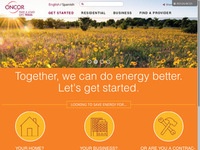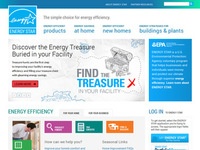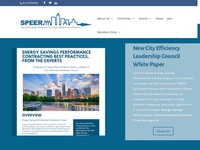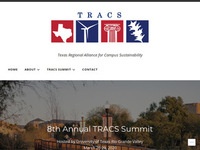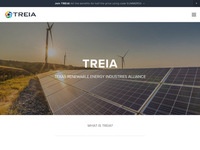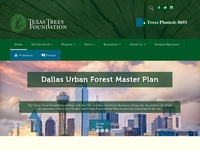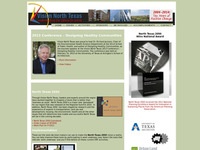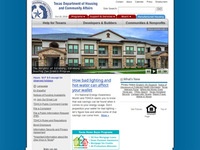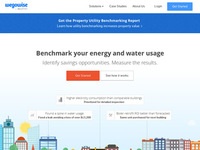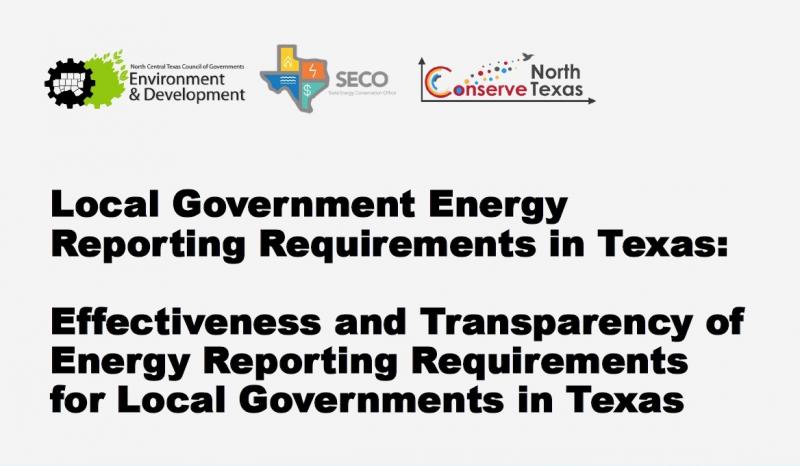Energy
Texas ranks 6th in the nation for energy consumption per capita. The demand for energy use is growing across North Texas with the ever-increasing population. In order to reduce energy consumption and increase energy efficiency, entities must evaluate their energy usage. Below are tools, resources, and case studies to support local governments, educational institutions, and public and private entities’ efforts to implement programs to reduce energy use and increase energy efficiency in the public and private sector.
- « first
- ‹ previous
- 1
- 2
- 3
- 4

